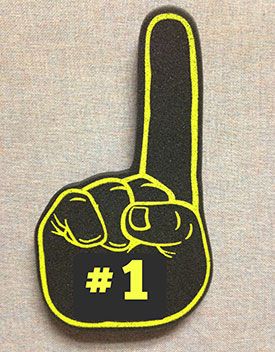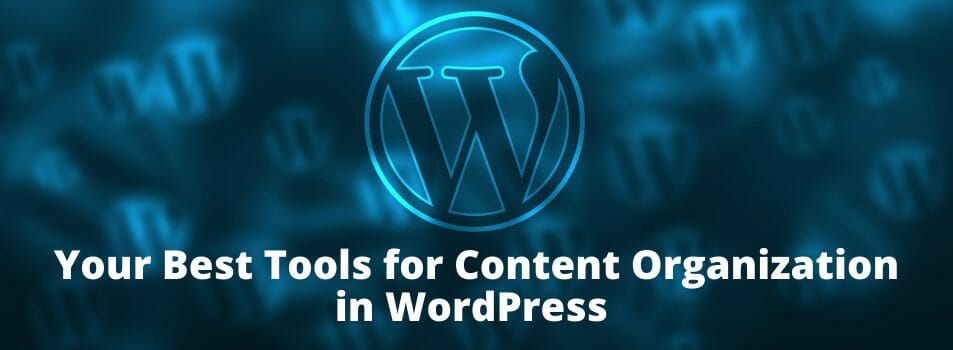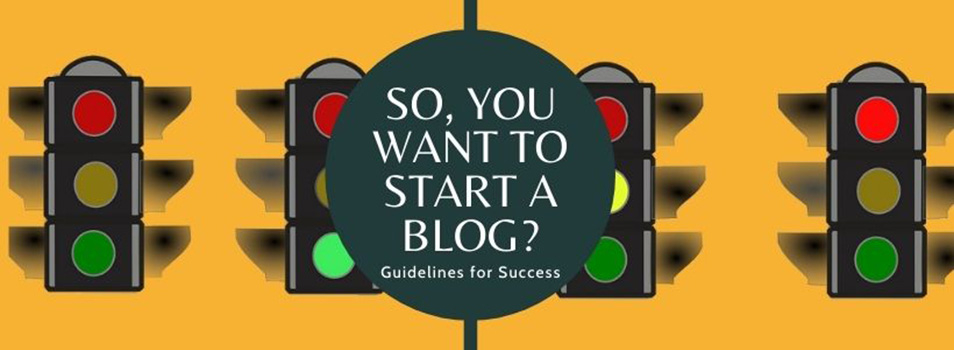Your Most Important Page

By Debra Torres

You’ve just created a beautiful home page for your department’s site, and you’re feeling pretty confident about it. The page has targeted, web-friendly text that follows the Liberty University Voice and Tone Guidelines and even has a compelling call to action. You’ve done your job, and you know that as people land on your home page, they’ll have everything they need.
After all, your home page matters most right?
Your real most important page
When I talk with people about the web, I like to ask them what page holds the most weight for their site. Most often, people say their home page. And there is some truth to that. After all, you do want your home page looking its best. It represents who you are to your users, so of course you want it to make a good first impression.
But there is something we’re forgetting.
If we can get in the head of one of our users for a minute, I think we’ll find that at the start of their search, they are not looking for our home page at all. But instead, they are searching for the page that answers their most immediate question. Remember, people searching the web want it to answer their questions, solve their problems, or heal their pain.
So if this is true, then your real most important page is whatever one your reader lands on.
Academic program pages are top in higher-ed search
In the case of academic search, users want information about their specific field of interest. And this can mean a specific degree coupled with location. So when they type “business administration degree in New York City” in Google, are they landing on links to university home pages?
Nope. Here’s what they’ll see in organic search results:


All of these top-ranking pages link to program or degree pages for their university.
So in the case of academic search, it makes sense that users are landing on degree pages. And, if these are bare-boned pages with no relatable text, guess what’s communicated to your users?
In his SlideShare presentation, Get with the Program, Digital Strategist Doug Gapinski shares how and why we should provide better information on our degree pages.
It’s important, says Gapinski, because “Program listings are the top priority for prospective students – according to them!” And since programs are our core product, Gapinski wants to know if we demonstrate the value of our product on these specific types of pages.
Gapinski’s points can make serious impact on how academic departments can go about making things more effective for their target audience.
Make each one count
Whether your department is academic or not, all your pages matter. And since your home page probably already looks great, how about taking a closer look at some of your other pages. Do they have compelling text? Do they answer your user’s questions and tell them what to do next? Do they explain how your information can benefit them?
After all, each and every one is your most important page.


